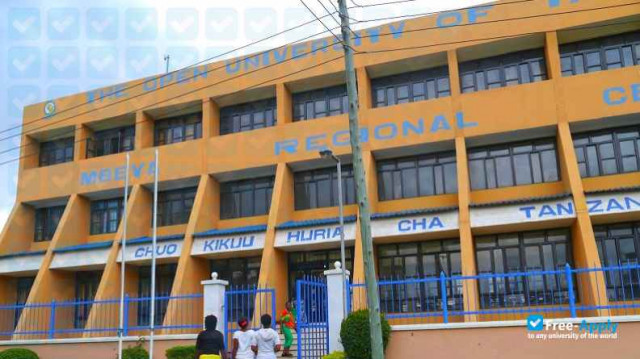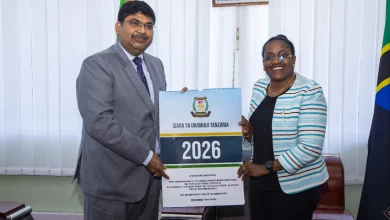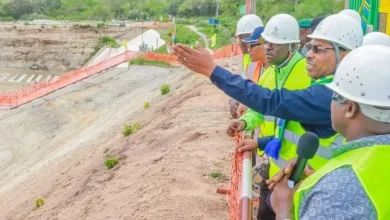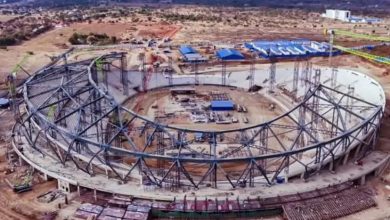OUT launches labs to boost STEM education

NJOMBE: THE Open University of Tanzania (OUT) has launched modern science laboratories in Njombe Region, marking a significant milestone in expanding access to Science, Technology, Engineering and Mathematics (STEM) education for youth across the country.
Speaking during the inauguration ceremony, OUT Vice-Chancellor Professor Elifas Bisanda said the new facilities will provide students and researchers with practical training and innovation opportunities crucial for national development.
“These laboratories are not only for OUT students but will also serve nearby schools and technical institutions, strengthening collaboration in science and innovation,” said Prof Bisanda.
He said the facilities are part of the university’s long-term plan to decentralise higher learning opportunities and bridge the gap between theoretical knowledge and practical skills, particularly in rural areas.
ALSO READ: WHO hails TMDA’s maintenance of medicine, vaccine systems
Njombe Regional Commissioner Anthony Mtaka commended OUT for investing in science education, saying the laboratories align with the government’s efforts to promote industrialisation and youth empowerment.
“The government is prioritising STEM education because it is the foundation of innovation and industrial growth. OUT’s efforts directly support Tanzania’s Vision 2050,” said Mtaka.
He urged regional education officers to ensure secondary schools utilise the facilities for practical training, adding that science-based skills are key to tackling unemployment and poverty.
The project, supported by several development partners, includes laboratories for physics, chemistry and biology, as well as digital learning facilities equipped with modern ICT tools.
OUT Njombe Centre Director, Dr Rehema Malecela, said the laboratories will also facilitate research in agriculture, renewable energy and environmental management — sectors vital to the regional economy. She said the centre plans to introduce short courses for teachers and community innovators to enhance their technical capacity.
Local educators and students welcomed the project, saying it will address long-standing challenges of inadequate laboratory facilities and lack of exposure to hands-on experiments.
“This initiative will inspire more young people, especially girls, to pursue careers in science and technology,” said secondary school teacher Mary John.





